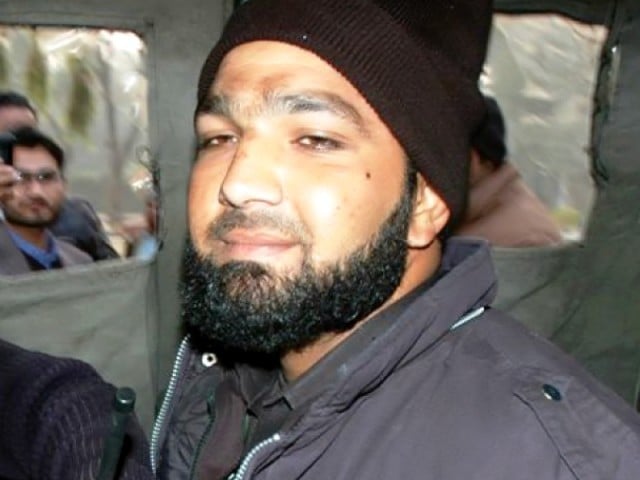
The courts should be commended for not caving in to pressure and upholding merit in cases involving such sensitive issues.
Nonetheless, the plight of people wrongly implicated in blasphemy cases is far from over. Ahmedi teenager Aqib Saleem’s trial in an anti-terrorism court in Gujranwala is a case in point. He was acquitted of the charge in September this year after a trial that lasted for 13 months.
The teenager had been incarcerated at a jail during this period.
The unnecessary hardship caused to the teenager by the misuse of blasphemy law should not be written off because he was eventually acquitted.
Saleem had been taken into custody after an arson attack by a charged mob at his house and several others in an Ahmedi neighbourhood. The FIR registered in the incident had stated that houses of at least seven Ahmedi families were burnt and looted. At least two children and an elderly woman were burnt alive in the attack. In its acquittal order, the court observed that the prosecution had failed to prove the allegations. It said the evidence presented to the court was not enough to establish the charges leveled against the teenager.
Saleem’s family had submitted in the court that the case was registered over a business rivalry to pressure Ahmedi families into surrendering their commercial property in the area. Several other examples can be cited where people were wrongly implicated in blasphemy cases.
A Christian couple in Kasur was burnt alive in 2014 by a mob following allegations of blasphemy raised against them.
In 2013, a cleric in Islamabad had accused a Christian girl, Rimsha Masih, of burning some pages of the Holy Quran. The child had been held in jail till the investigators discovered that the cleric had fabricated evidence against her. The charges were then dropped.
The trial of Ayub Masih, a Christian, in a blasphemy case registered in 1998 had continued for several years. Masih was accused by his neighbor of speaking in praise of British author Salman Rushdie’s controversial book The Satanic Verses. He had been convicted and sentenced to death by the trial court. The conviction on first appeal was upheld. In the Supreme Court, however, Masih’s counsel successfully argued that the allegation was raised with malicious intent to acquire some property owned by his family. His conviction was then turned down.
Meanwhile, there are still cases where courts convict people in blasphemy cases despite weak evidence and suspicious motivations of complaints.
Two weeks ago, a Lahore High Court division bench upheld death sentence of two brothers in a blasphemy case. It is pertinent to highlight that the complainant had once been married to one of the convicts. Three weeks ago, an LHC bench dismissed the bail application of a mentally-challenged girl accused of blasphemy.
Published in The Express Tribune, October 12th, 2015.

















COMMENTS
Comments are moderated and generally will be posted if they are on-topic and not abusive.
For more information, please see our Comments FAQ